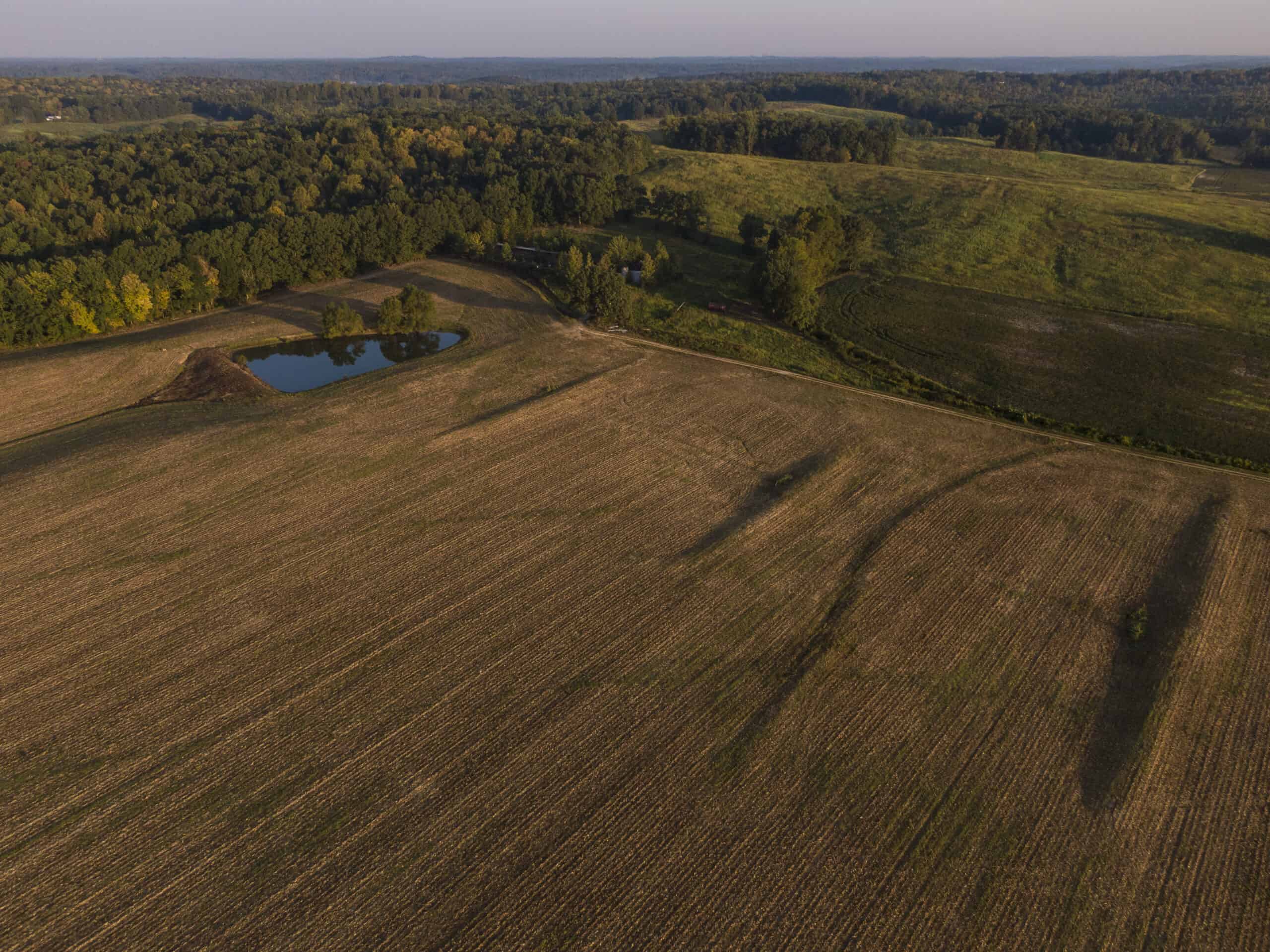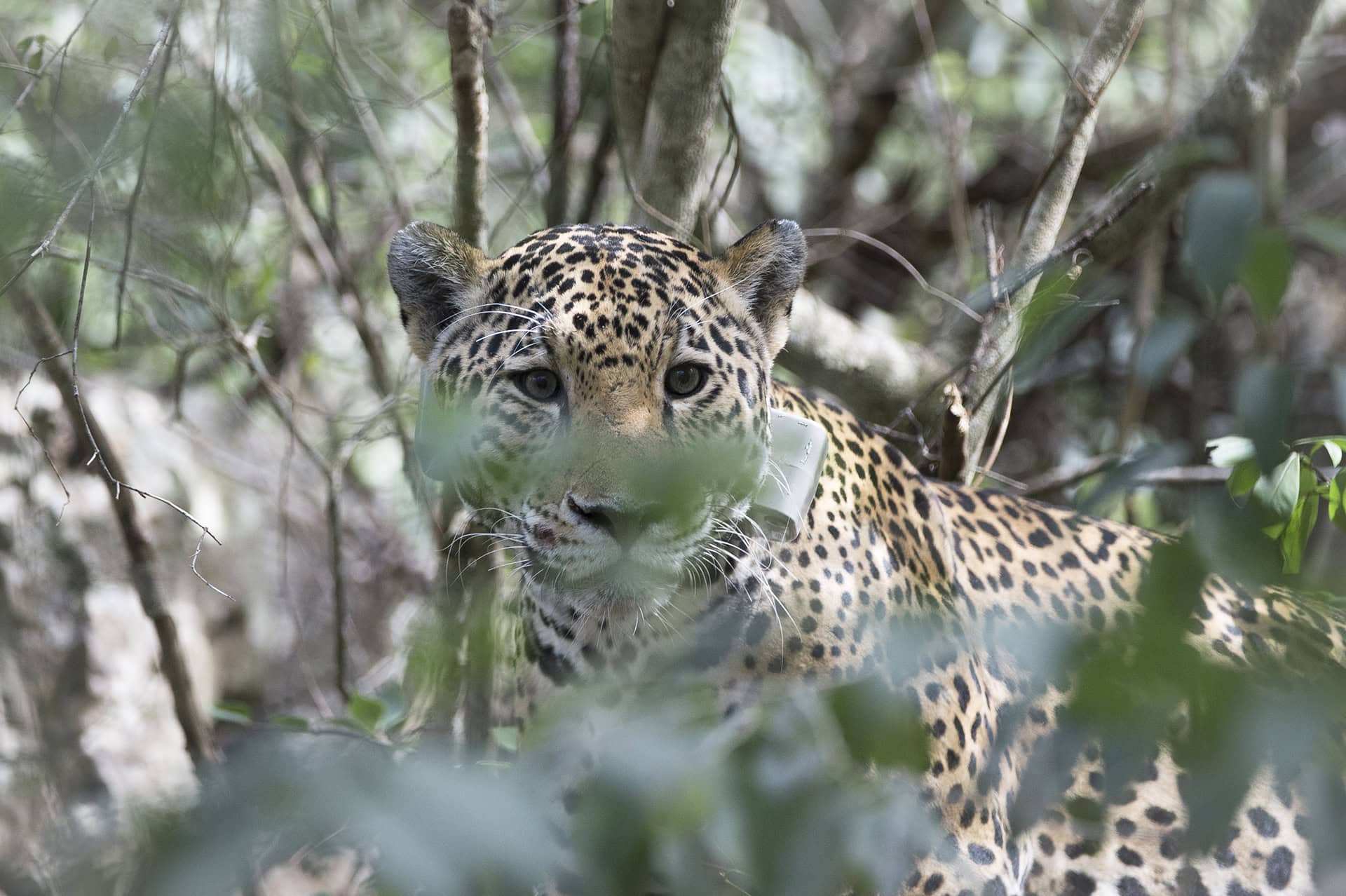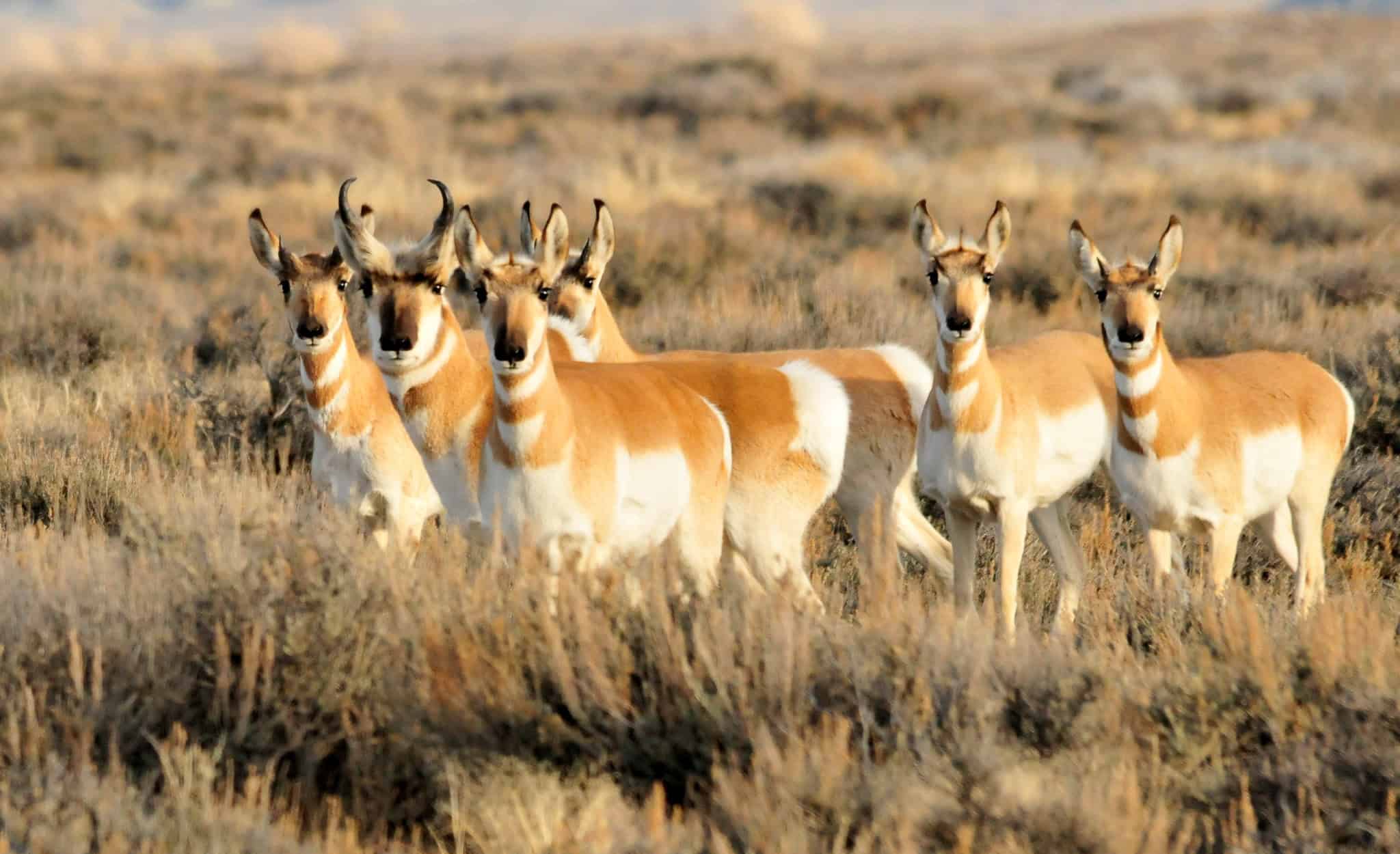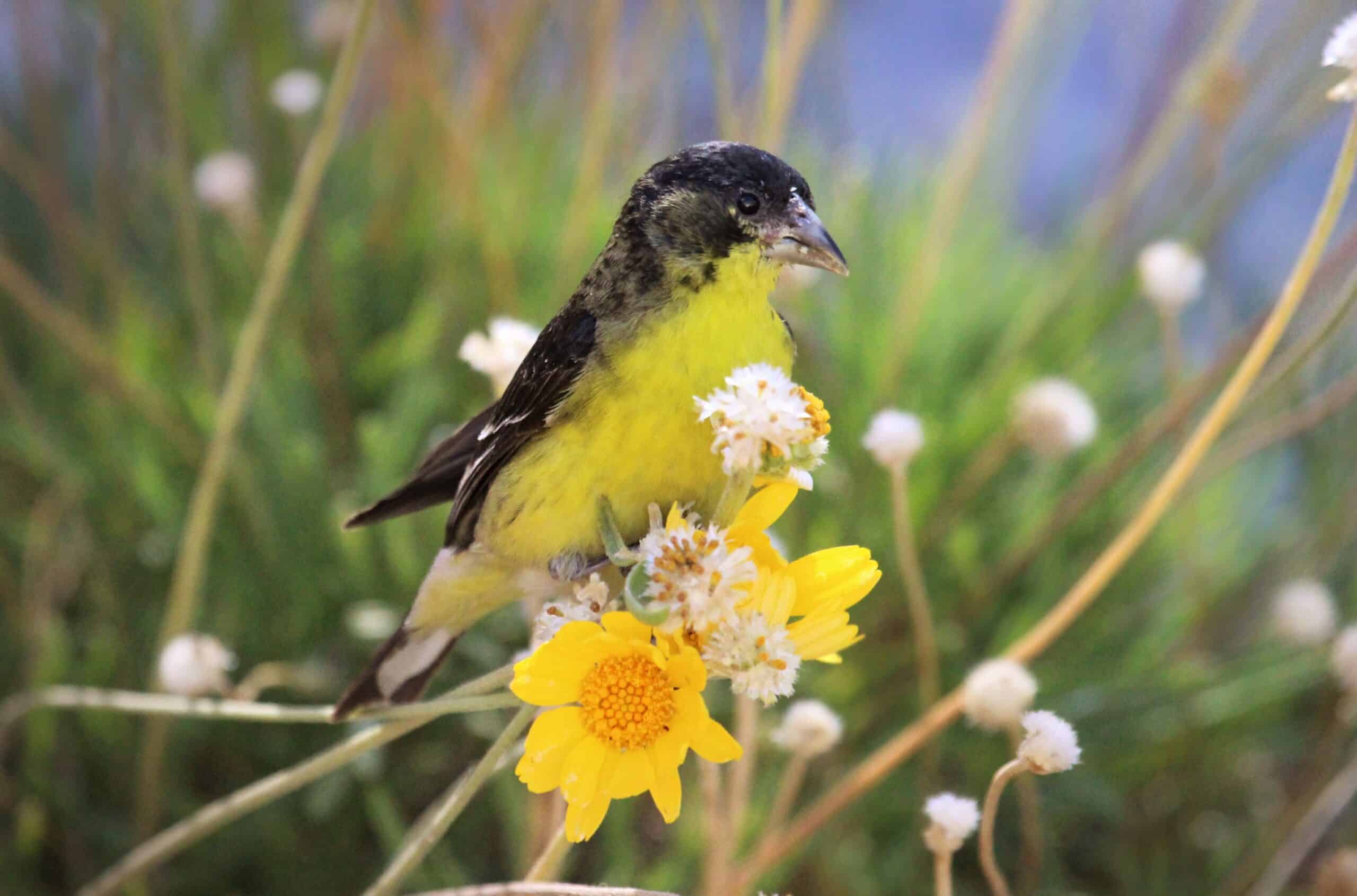Share this article
Resources Featured in this article
Conservation Partners deliver 2023 Farm Bill priority platform
The Wildlife Society joined partners in developing TRCP’s Hunter and Angler 2023 Farm Bill Priorities
The Theodore Roosevelt Conservation Partnership (TRCP) recently announced its “Hunter and Angler Priorities for the 2023 Farm Bill” amidst congressional debates regarding the upcoming legislation.
Created by TRCP’s Agriculture and Wildlife Working Group members, including The Wildlife Society, the platform outlines strategic objectives aimed at, “conserving and restoring fish and wildlife habitat while supporting agricultural production and enhancing economically important recreational access,” according to the TRCP platform.
The Farm Bill is an omnibus, multiyear law that governs numerous agricultural and food programs. Title II, the Conservation Title, includes several conservation programs that encourage private landowners to voluntarily implement natural resource conservation practices.
The current Farm Bill’s Title II programs provide $6 billion in conservation funding annually to improve habitat, access, and soil and water quality on private lands across the U.S. This amount is far from what is required to adequately meet conservation and landowner needs. The 2018 Farm Bill expires at the end of FY 2023, meaning a new Farm Bill, or an extension of the current Farm Bill must occur by October 2023.
“The Farm Bill is an important source of funding for wildlife conservation on private lands,” said Laura Bies, TWS’ representative to the Working Group. “The Wildlife Society was pleased to partner with so many other organizations that are also committed to increasing the fish and wildlife benefits of the Farm Bill to produce the Agriculture and Wildlife Working Group’s platform.”
The TRCP platform provides robust recommendations that support the following overarching priorities: (1) Maintaining Title II baseline and Inflation Reduction Act climate and conservation funding in Title II programs, (2) Ensuring fish and wildlife conservation is prioritized equally alongside soil and water conservation in all USDA conservation programs, (3) Ensuring that USDA has adequate capacity for conservation planning and program delivery, and (4) Supporting research and extension, USDA data collection, management and sharing, and on-farm trials that enable science-based conservation and long-term agricultural resilience.
In addition to aiding with creation of the platform, TWS signed a letter addressed to House and Senate agriculture committee leadership urging them to protect the $20 billion for climate-smart agriculture and conservation in the 2023 Farm Bill. In total, 644 groups, companies, restaurants and farms signed the letter, displaying the magnitude of support for this funding. The Wildlife Society will be working to highlight these priorities with congressional offices in the year ahead.
Header Image: Renfroe Farms in Carroll County, Tennessee, takes part in conservation practices developed alongside the U.S. Department of Agriculture’s Natural Resources Conservation Service. Credit: U.S. Department of Agriculture








